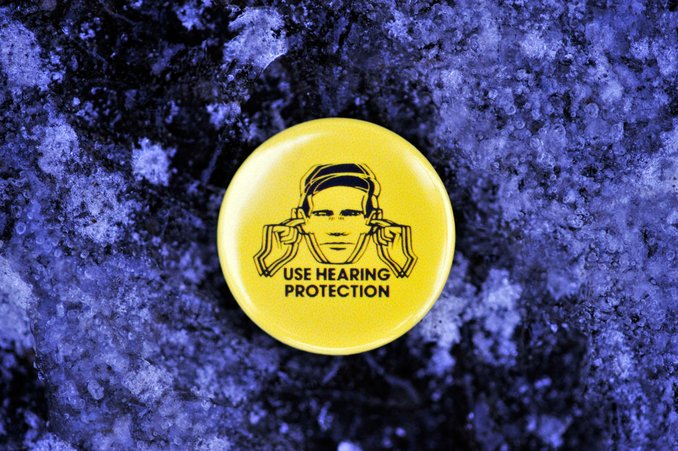In the 80s and 90s, the most pioneering and voguish music groups weren’t from London, Berlin or further afield places like New York and Los Angeles; they hailed from a post-industrial town in the north of England: Manchester. And chances are they were signed to Factory Records, an independent label whose impact still resonates on a global level.
Tony Wilson, punk rock and the gig that started it it all
Born in Salford and educated at Cambridge University, Factory Records founder Tony Wilson made waves in the mid-to-late 70s as the host of So It Goes, one of the few regional arts and culture television programmes to champion the UK’s punk rock movement. But though the show featured seminal performances by The Clash, Siouxsie & The Banshees and Buzzcocks, to name a few, it was another band that really changed the Manchester music scene.
On 4 June 1976, at the city’s Lesser Free Trade Hall, a concert put on by Howard Devoto and Pete Shelley (later of Buzzcocks) featured local band Solstice and a brand-new punk outfit from London known as Sex Pistols. Attended by only 40 people, the gig’s legendary status came not from how many people were there, but who those people were: studio engineer Martin Hannett, who later produced albums by Joy Division, Happy Mondays and The Stone Roses; three lads by the names of Ian, Bernard and Peter who would immediately form Stiff Kittens before renaming themselves Warsaw en route to finally becoming Joy Division; future Smith Steven Morrissey (before he dropped his forename); Mark E Smith, soon to be frontman of The Fall; and, finally, Tony Wilson.
Blood bond: launching Factory Records
This then led to the inception of the Factory nights, held at The Russell Club in a Manchester suburb, Moss Side. Staged by Tony Wilson, local actor Alan Erasmus and promoter Alan Wise, the nights featured live performances by bands like The Durutti Column, Joy Division, Cabaret Voltaire and The Tiller Boys. The poster for the first event – subsequently catalogued as FAC 1, in line with Factory Records’ policy of giving everything it produced a catalogue number – was designed by Peter Saville, who delivered the poster after the concert had happened, because he was perfecting the colour.
The A Factory Sample double-EP followed. The first release on Factory Records, which had been set up a few months earlier by Tony Wilson, Alan Erasmus, Joy Division’s manager, Rob Gretton, and producer Martin Hannett (fresh from running punk label Rabid Records), it featured a collection of songs by artists who had played at the Factory events. What Factory Records had (well, technically didn’t) was a lack of formal contracts between the artists; the only legal document the label drew up was a statement declaring that any artists they worked with had complete ownership of their music and artistic direction. It was written in Tony Wilson’s blood.
Love will tear us apart: Joy Division
Joy Division began recording their debut album, Unknown Pleasures, at Stockport’s Strawberry Studios in April 1979, during which the madness of Martin Hannett cemented itself into the Factory Records legend. Drum kits were completely dismantled and reassembled on the roof of the studio; Ian Curtis’ vocals were recoded down a telephone line; the sounds of smashed bottles and sound effects captured in a toilet located in the building’s basement were all part of Hannett’s masterplan to bring an end to the punk production styles that he viewed as sonically conservative.




